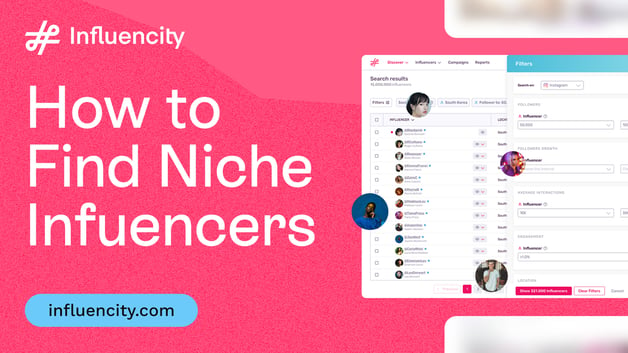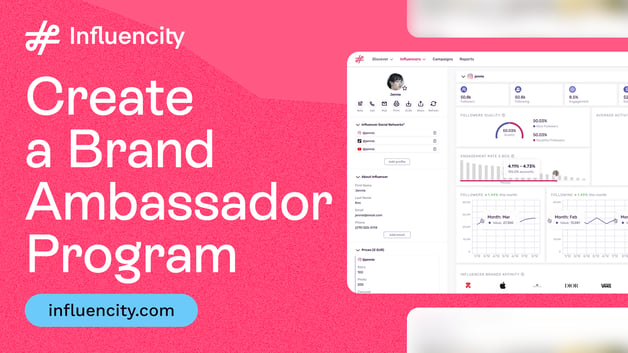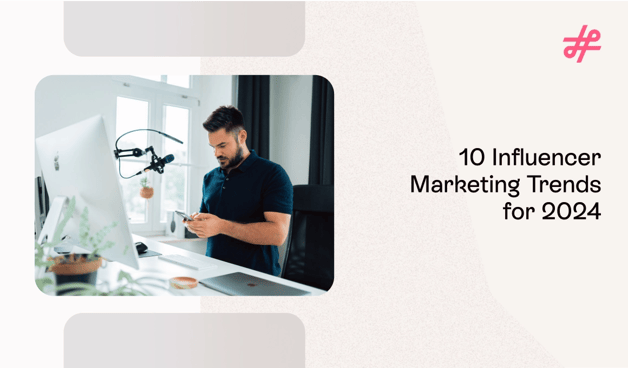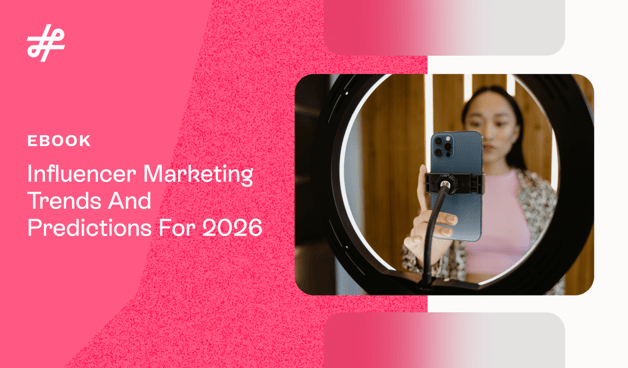Influencer Marketing
How Influencer Marketing Affects Consumer Behavior and Purchase Decisions
Influencer Marketing
Have you ever bought something just because someone you follow on Instagram or TikTok said it was “life-changing”? You’re not alone—and there’s a psychological reason for that. Welcome to the fascinating world of influencer marketing, where trust, authenticity, and social proof collide to shape the way we shop, think, and behave.
Influencer marketing has become more than just a trend—it’s a proven strategy that taps into core human behaviors. Consumers no longer rely solely on brand messaging or traditional ads. Instead, they look to people they admire and relate to: influencers. And as this article explores, that shift is deeply rooted in behavioral science.
In this guide, we’ll break down:
- The psychology of influence (and why it’s so effective in marketing)
- How trust and authenticity drive real conversions
- Why influencer marketing outperforms traditional advertising
- The measurable impact of influencer marketing on brand perception and purchasing decisions
- How to use Cialdini’s 7 Principles of Persuasion to strengthen your campaigns
We’ll also dive into real stats—like how 74% of consumers have bought something based on a social media recommendation—and explore why influencer-led strategies are driving ROI, brand loyalty, and market share in a way banner ads never could.
Connecting Influence: The Psychology Behind Influencer Marketing
Before we look at the role of trust and authenticity and the impact of influencer marketing on consumer behavior, let’s start with the basics: What is the psychology of influence and why is it so powerful?
According to psychologists, the theory of social influence states that people are more likely to do something if they perceive it as being a social norm. In other words, people are more likely to behave in a certain way if they see that those around them are behaving in the same way. The closer someone is to you, the more likely you are to be swayed by their actions, preferences, and behaviors. Whether we are looking to buy a new car or deciding what we think about a new neighbor, we look to our peers to guide us before we form our own opinions and beliefs.
From my perspective, one of the most fascinating aspects of influencer marketing is how deeply it's rooted in human psychology—and the numbers really back that up. When done right, influencer marketing feels less like advertising and more like a recommendation from someone you trust. And that’s powerful.
And then there’s trust. Nielsen’s Trust in Advertising 2023 report highlights that 71% of global consumers trust opinions shared online by others—including influencers. That stat alone says so much about how important authenticity and connection are in today’s digital landscape. At the end of the day, people follow people—not brands—and that’s where the real influence lies.
-1.png?width=700&height=199&name=White%20%26%20Green%20Modern%20Bar%20Chart%20Graph%20(12)-1.png)
What really stands out to me, though, is what recent research is telling us about why influencer marketing works so well. Studies published in the Journal of Consumer Research show that people are more likely to trust recommendations from influencers than traditional ads, especially when there's a clear fit between the influencer’s lifestyle and the product. That so-called match-up hypothesis really rings true—it all comes down to perceived authenticity. If it feels real, it resonates.
According to the State of Influencer Marketing 2024 report by Influencer Marketing Hub, a solid 69% of marketers say influencer campaigns bring a better return on investment than other types of digital advertising. Honestly, that doesn't surprise me.
-1.png?width=500&height=253&name=White%20%26%20Green%20Modern%20Bar%20Chart%20Graph%20(11)-1.png)
On top of that, the industry is booming. We're talking about a global market that’s expected to hit $24 billion this year. That kind of growth doesn’t happen by chance—it’s a reflection of how effective and relevant this strategy has become.
This knowledge is very powerful for marketers as it explains how consumers can be influenced. In other words, what the core principles of influence are.
The Principles of Influence in Influencer Marketing
According to Robert Cialdini's book The Psychology of Persuasion, there are seven core Principles of Influence:
- Reciprocity. We give in order to receive. As a result, people are more likely to be influenced if you’ve done something for them. Or in the case of marketing, consumers are more likely to favor your brand if they believe they will get something in return.
@alicialydialand 1K FOLLOWERS GIVEAWAY🎉 To enter- Like this video Follow me @alicialydialand Tag a friend in the comments (more friends tagged equals more entries ie 1 friend=1 entry and 3 friends= 3 entries) Winner will be announced 21st April Good luck! #makeup #makeupgiveaway ♬ original sound - alicialydialand
- Consistency. Once we have made a decision, such as favoring a particular brand, we strive to behave consistently with our choice.
- Social proof. We base our choices and behaviors on the social cues and actions of others (this is why laugh tracks work so well on sitcoms).
- Liking. We are more likely to be influenced by someone that we like (this is why Tupperware parties were so successful in the 1970s). As a result, sharing content that aligns with the likes and interests of your target consumers can greatly enhance the power of your influencer campaigns.
- Authority. We have a tendency to be influenced by authority figures as we buy into their knowledge, confidence, and credibility. This is why consumers are more easily swayed by influencers who have developed reputations as experts in their field.
- Scarcity. We always want what others don’t or can’t have. This follows the basic principle of supply and demand. If you offer consumers a “rare or exclusive opportunity”, they will be more likely to want it.
- Unity. People are influenced by those they feel united to. Brands that are able to nurture connections and a shared identity tend to find that consumers are more easily influenced by their marketing campaigns.
The Role of Trust and Authenticity in Influencer Marketing
The next aspect we need to look at to understand the impact of influencer marketing on consumer behavior is the role of trust and authenticity. Honestly, I’d say this is one of the most critical elements today—especially when we’re talking about younger generations like Gen Z and Millennials. These audiences are incredibly good at spotting what feels real and what doesn’t.
Working with an authentic and ethical influencer can help brands build trust, transparency, and credibility. And this isn’t just a theory—it’s something we see play out in real-world behavior. This is vital because consumers who trust a brand are 53% more likely to buy into their products.
.png?width=400&height=235&name=White%20%26%20Green%20Modern%20Bar%20Chart%20Graph%20(14).png)
Working with an authentic and ethical influencer can help you build brand trust, transparency, and credibility. And this isn’t just a theory—it’s something we see play out in real-world behavior. This is because content shared by influencers is much more authentic and relatable than other more traditional forms of branded advertising. Plus, if your influencer promotes user-generated content, then consumers are even more likely to buy into your brand because they trust the reviews and recommendations of their unbiased peers. Consumers trust other consumers—especially when they see real people, not polished ads, recommending something.
@tussalty This tech backpack is WILD 😵💫 #tech #techtok #techreview #budgettech #techgadgets #budgetitems #tussalty ♬ original sound - Tussalty
In fact, Sprout Social reported that nearly half of consumers make at least one purchase per month based on an influencer’s recommendation. That’s a huge number—and it speaks volumes about the power of peer-driven influence.
Forbes backs this up too, pointing out that 74% of consumers have bought a product based on a recommendation they saw on social media. We’re not just talking about brand awareness here—this is real action, real conversions.
The Impact of Influencer Marketing on Brand Awareness And Loyalty
So, how does all this relate to influencers? What is the impact of influencer marketing on consumer behavior? Why is influencer marketing so essential for brands that are looking to promote themselves?
These days, most markets are saturated by brands. In order to generate brand awareness, brands need to stand out from the crowd and offer something unique to consumers. Consumers need to believe that a brand offers enhanced value. In other words, to be successful, companies need to apply at least one of Cialdini’s Principles of Persuasion in order to convince consumers to buy into the brand.
This is exactly the role that influencers play in today’s marketing strategies. From my perspective, the power of influencer marketing is undeniable, and a study published in Ciencia Latina supports this, showing that influencer marketing positively impacts brand perception and consumer purchasing decisions—particularly in the fashion industry.
The right influencer marketing campaign can help you build trust, loyalty, and authenticity and convince consumers that making a purchase from you is an opportunity that they cannot afford to miss. By leveraging the trust and loyalty that they have built with their followers and transferring their established social proof, influencers can help you create brand awareness, build brand loyalty, and drive increased conversions. This, ultimately, is the key to influencing consumer behavior and purchase decisions.
What’s really exciting to me is how working with authentic and ethical influencers can help brands build trust, transparency, and credibility. These are the foundational elements that today’s consumers value the most, and influencers are perfectly positioned to create this kind of connection. When brands collaborate with the right influencers, they’re not just promoting a product—they’re fostering a relationship built on genuine trust.
-1.png?width=400&height=268&name=White%20%26%20Green%20Modern%20Bar%20Chart%20Graph%20(16)-1.png)
What’s even more telling is the significant growth in influencer marketing investments. A report from Puro Marketing highlights that investment in this type of marketing grew by 59% in 2024, reaching 125.9 million euros. This really shows just how effective and relevant these strategies are for brands trying to stand out in increasingly saturated markets. It's clear that influencer marketing isn't just a passing trend—it’s becoming an essential part of brand-building in the digital age.
Tags:



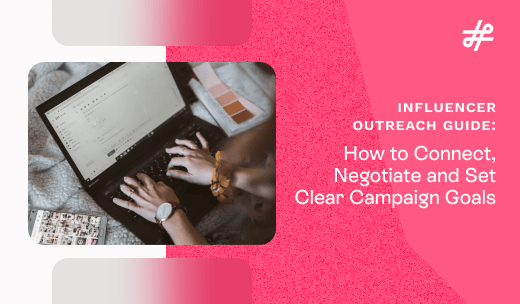
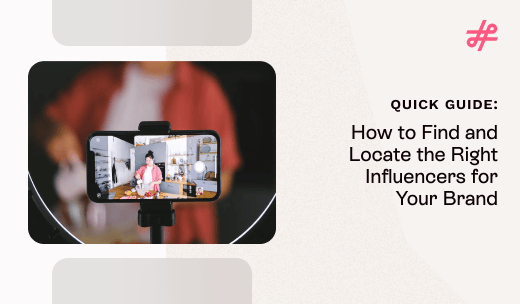


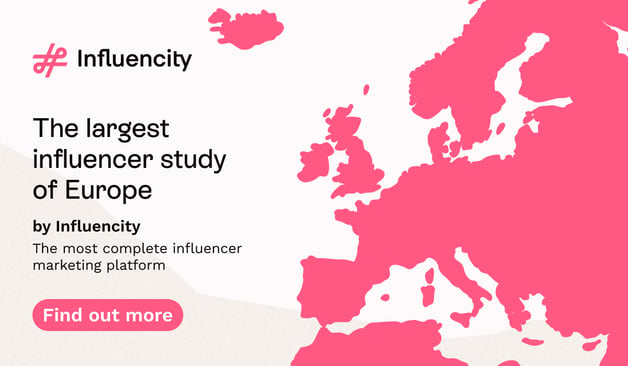







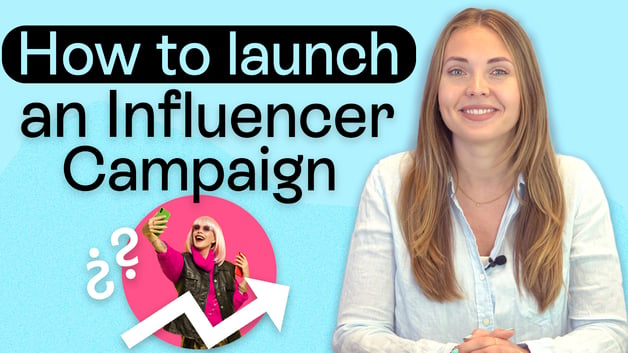

%20and%20How%20Can%20They%20Benefit%20Your%20Brand%20article.jpg?length=628&name=What%20Are%20Key%20Opinion%20Leaders%20(KOL)%20and%20How%20Can%20They%20Benefit%20Your%20Brand%20article.jpg)
